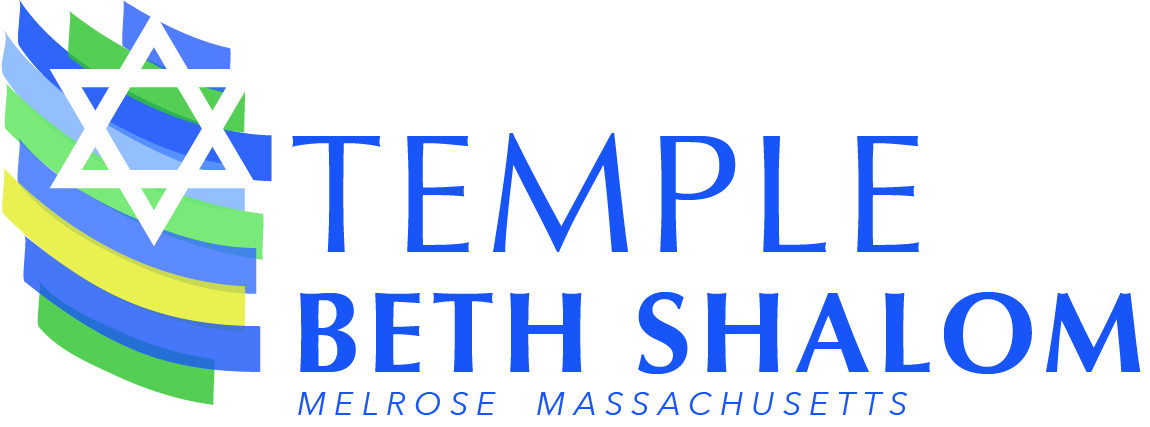By Rabbi Jessica Lowenthal
Many of you know that my older son, Louis, turned two over the summer. As we were getting towards his birthday, we started wondering when he would begin talking. We had friends whose children were similar ages, and they seemed to be a bit farther along than him. No worries, I would say, every child grows in their own time.
I would pick him up from daycare with the baby, and all the kids in his class swarmed the stroller, pointing and saying “baby!” or “Louis’ baby!”. Most of them were a couple months older than he was, so I brushed it off, again telling myself that he will start to speak when he is ready.
Right around his second birthday, we started noticing that he would get frustrated when he couldn’t communicate. His teachers said that he was disappointed when he didn’t have the verbal skills of his classmates, and sometimes got upset. Again, I would tell myself, and my family, that every child grows in their own time. After all, my mother in law said Phil didn’t talk until he was three, and then he never stopped!
- Yom HaShoah Service
- Congregational Reading: Maus
- Unpacking Anti-Semitism
- D’var – January 8, 2021
- Message to the Temple Beth Shalom Community: Systemic Racism in America
But underneath my confidence, I was worried. I would stay up at night googling milestones for his age, and when I should be concerned. I asked my doctor for early intervention information. And I continued to say, he is still young, I’ll wait a bit longer, after all, every child grows in their own time.
Slowly, he started communicating more clearly. He would point to something and name it. He would look at Max and say “baby”, just like the other kids in his class. And then suddenly, his language exploded. One day I could count the words that he knew, and the next he was repeating everything we said. He started singing songs, learning the words and repeating them time after time. He stayed up one night for over an hour singing twinkle twinkle little star to himself.
Now his teachers say he talks all the time. He is still deep in the learning process, and still gets upset when he can’t communicate, but more often he is upset because we are just saying “no”. Who likes to hear that?!
Language is the way we connect. Communication is not unique to humans, but the sophistication of our linguistic system is. We use words to express our needs and desires, to tell stories, to express our emotions. And we learn this incredible skill through the sheer act of living in the world. Children learn to speak by being spoken to, by soaking in the language of their surroundings. Indeed, children learn so much by watching and listening to others.
Why do we suddenly “watch our language” when our kids start to speak? Because there are things we say, as adults, that we don’t want our children to emulate. It may be using certain unsavory words, or it may be the underlying emotion present in the conversation. How many parents have said something in anger only to have their children’s teacher tell them that little Suzie said such and such to their classmate. It can make for some awkward parent teacher meetings.
As adults, we are constantly being watched by our children- and by society around us. Today, more than ever, we have platforms to spread our words far and wide. And we can’t take them back. Once something is written on social media, or in an email- it is out there for the world to see. You never know when it will come back to you.
That is the power of language- it is binding. It is permanent.
Tonight, we ask to be released from the promises we made yet did not fulfill. Reb Zalman Shachter Shalomi wrote a script for this petition of release:
“In the last year I have from time to time made vows, sometimes speaking them out loud, or had an intention, a resolution to change something in my actions, behavior and attitude in my mind. Some of these are in relation to myself, my body, my mind, and my soul. Some of these deal with the way in which I conduct myself in relation to other people. And most of all, there are those that deal with my relation to God.”
We know that, in the end, we are released from these promises, that as long as we did our best over the year, we are not eternally held to our word if we are unable to fulfill our vows. But being forgiven is not the same as having those vows erased. There is no clearer example than making promises to a child. Children understand that our words have power- they trust it. They rely on it. And when we fail in our promises to them, they feel it. Our broken vows may be forgiven, but they are not forgotten.
In the coming year, may we take our words as seriously as our children do. May we be cautious in our promises, and steadfast in our actions. May we live up the ideals of our children, and may we trust in the power of our words.
Amen.
